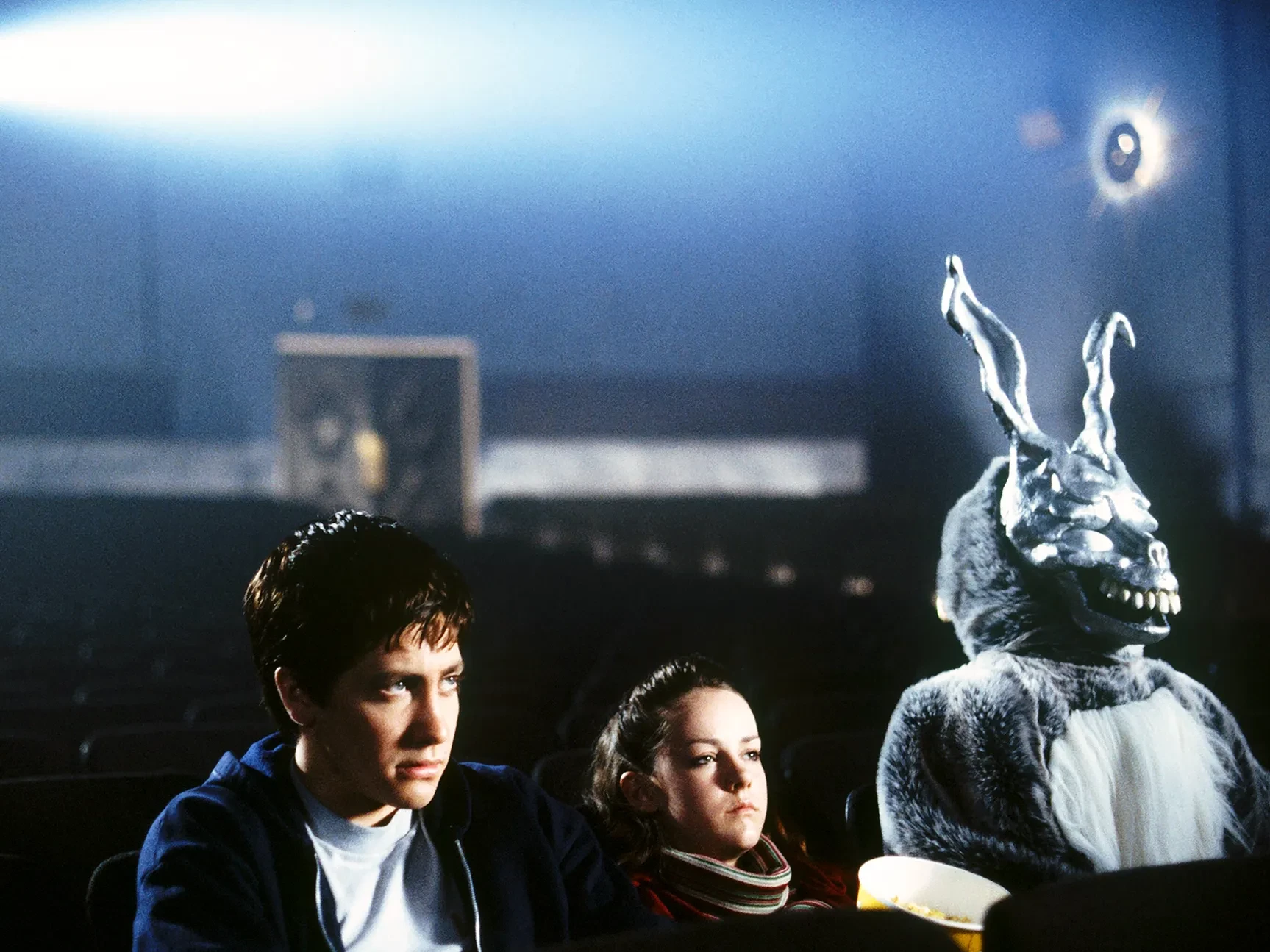Donnie Darko Ending Explained: Unravelling The Cult Classic
This cult classic, a confluence of teen drama and science fiction, has captivated audiences for over two decades.
Advertisement
What Happens At The End Of Donnie Darko
Released in 2001, "Donnie Darko" is a mesmerizing cult classic that weaves elements of teen drama, science fiction, and fantasy into a complex narrative. The film follows Donnie, played by Jake Gyllenhaal, as he navigates a series of bizarre events, including encounters with a mysterious figure in a bunny costume named Frank.
The climax of the movie unfolds in a sequence of surreal events. Donnie, driven by visions and prophecies from Frank, burns down the house of a hypocritical motivational speaker, experiences a tragic event involving his love interest Gretchen, and witnesses a plane crash. As the apocalyptic climax approaches, Donnie's actions become increasingly enigmatic.
Donnie Darko Ending Explained
 Understanding the ending of "Donnie Darko" requires unraveling its intricate timeline and the concept of a tangent universe. A tangent universe, created at the film's start, is highly unstable and destined to collapse, potentially leading to the destruction of the primary universe.
Understanding the ending of "Donnie Darko" requires unraveling its intricate timeline and the concept of a tangent universe. A tangent universe, created at the film's start, is highly unstable and destined to collapse, potentially leading to the destruction of the primary universe.
In the final moments, Donnie makes a sacrificial choice. Guided by his newfound understanding of time travel and alternate realities, he returns to the night when a jet engine crashed into his bedroom. This time, he ensures Gretchen's safety, positioning her away from harm. Accepting his fate, Donnie lies in bed and allows the falling jet engine to take his life.
The film concludes with a montage illustrating the repercussions of Donnie's sacrifice. Characters who met tragic fates in the original timeline now live, and events unfold differently. The last shot of a smiling Donnie in bed suggests a sense of peace and closure.
Key Elements of the Donnie Darko Ending:
- Tangent Universe: The alternate reality created at the film's start.
- Sacrifice: Donnie's choice to give his life to reset the timeline and save others.
- Montage of Changes: The visual representation of altered events resulting from Donnie's sacrifice.
Interpreting the Director's Vision
Director Richard Kelly, in interviews, hints at a narrative laced with divine and supernatural intervention. While leaving room for interpretation, he emphasizes that the final segment of the movie is definitive, quashing theories of Donnie being dead throughout.
As "Donnie Darko" remains a canvas for diverse interpretations, Kelly's acknowledgment of the film's openness to individual perspectives underscores its enduring allure.
Conclusion
"Donnie Darko" remains an enigmatic masterpiece, inviting viewers to explore its depths and interpret its ending in various ways. Whether seen as a heroic sacrifice or a journey into an alternate reality, the film's conclusion is a testament to its complexity and enduring appeal.
In essence, "Donnie Darko" challenges us to ponder the intersection of time, sacrifice, and the intricacies of human experience, leaving us with a cinematic enigma that transcends conventional storytelling.
Related Articles
- 18 Movie Details Hiding In Famous Films We Bet You Missed
- A Nightmare On Elm Street Ending Explained: Was It Real Or A Dream?
- The Midnight Club Ending Explained: What The Twist Entails
- Midsommar Ending Explained: Why Was Dani Chosen?
- American Psycho Ending Explained: Was It All A Hallucination?
- 'Goodnight Mommy' Explained: The Meaning Of The Tragic Twist
- 'Us' Ending Explained: What The 'Tethered' Twist Means
- 'The Platform' Ending Explained: Is Goreng Dead And What Does It All Mean?
- 'Squid Game' Ending Explained: What The Ending Of Season 1 Means
- 'Significant Other' Ending Explained: What Happened At The End Of The Film?
Share this article
Advertisement